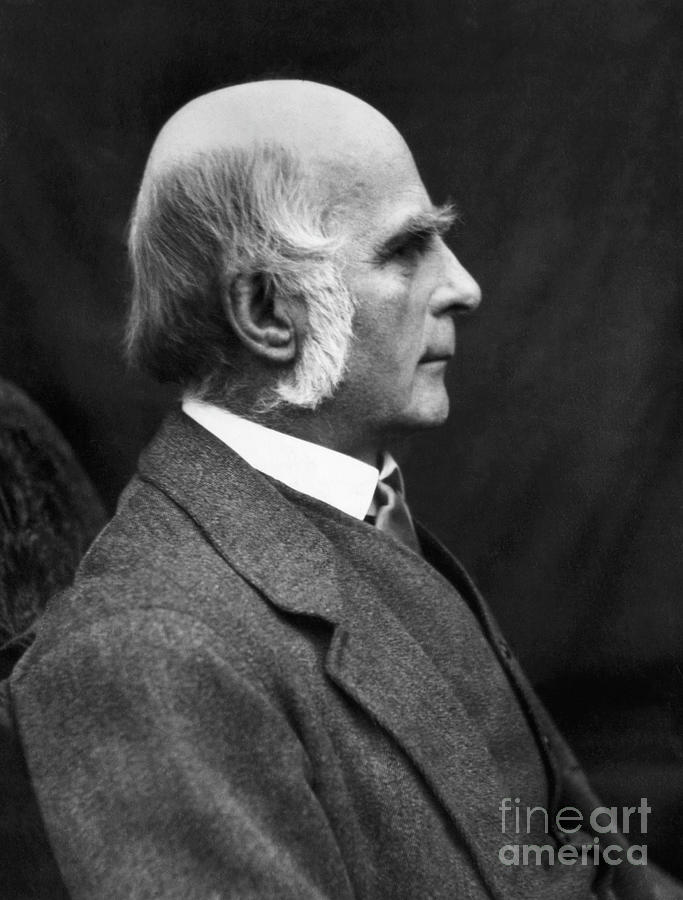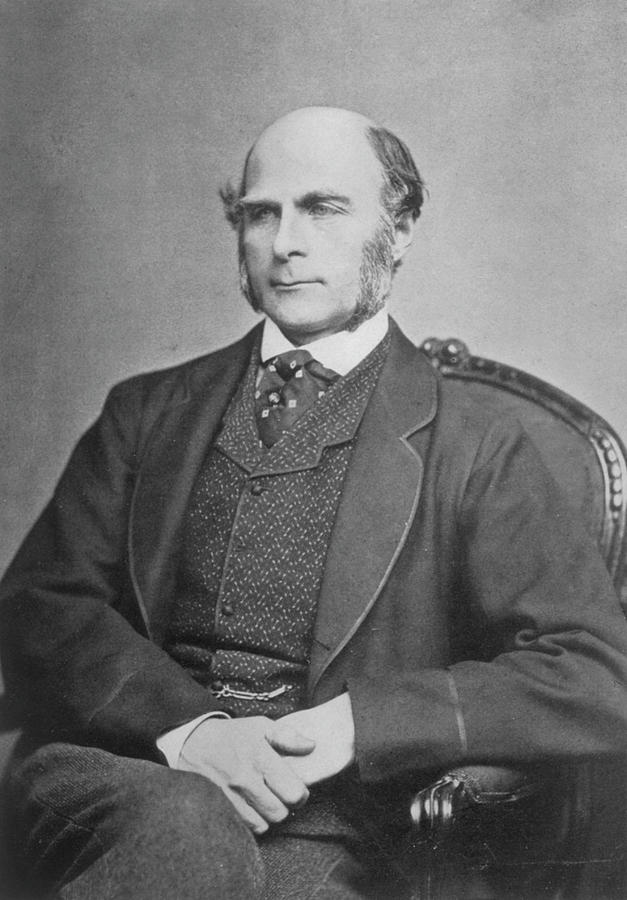

Thus it was Francis’s home as a young man but sadly it was demolished in the 1950s. 1 Family connections with Claverdonįrancis’s parents moved from Birmingham to Leamington Spa in 1831, bought Malthouse Farm in Claverdon and built a house called ‘The Leys’ which his mother occupied after his father’s death. Francis would no doubt have been deeply distressed at these developments. After his death eugenics took a much more sinister turn, leading eventually to horrors such as compulsory sterilisation, ethnic cleansing and the holocaust. He invented the terms ‘heredity’ and ‘eugenics’ and study of the latter led him into controversial territory (advocating incentives to some people to have more children).

In biology he investigated the effect of heredity and environment, making use of studies on twins and adopted children. In statistics, he introduced standard deviation, regression and correlation. In meteorology he was first to recognise anticyclones and devised air pressure charts to help in weather forecasting. In psychology his work led to psychometrics: measuring various types of human mental activity. In criminology he introduced a classification of fingerprints that is still in use today. Scientific achievementsįrancis made discoveries in many different areas of science, the result of his enquiring mind and passion for accurate measurement. He was awarded medals for his discoveries and wrote books about these expeditions: his ‘The Art of Travel’ was a best seller that is still in print today. Travels abroadĪs a young man, Francis was a keen traveller in the Middle East and Africa he studied the tribes in what is now Namibia. Francis became a Fellow of the Royal Society, was knighted in 1909 and died in 1911. The death of his father left Francis with independent means he married Louisa Butler in 1853 and they lived in London but had no children. He suffered a nervous breakdown and didn’t complete his medical training. Francis proved a precocious child he studied medicine in Birmingham and London and then mathematics at Cambridge. Francis’s father was a founder member of the Birmingham Lunar Society (along with his grandfather, Erasmus Darwin). The Galton family had made their fortune in ironmongery and gun manufacture. Francis Galton was born in Birmingham in 1822, son of Samuel Galton and Frances Darwin, and therefore a cousin of Charles Darwin.


 0 kommentar(er)
0 kommentar(er)
